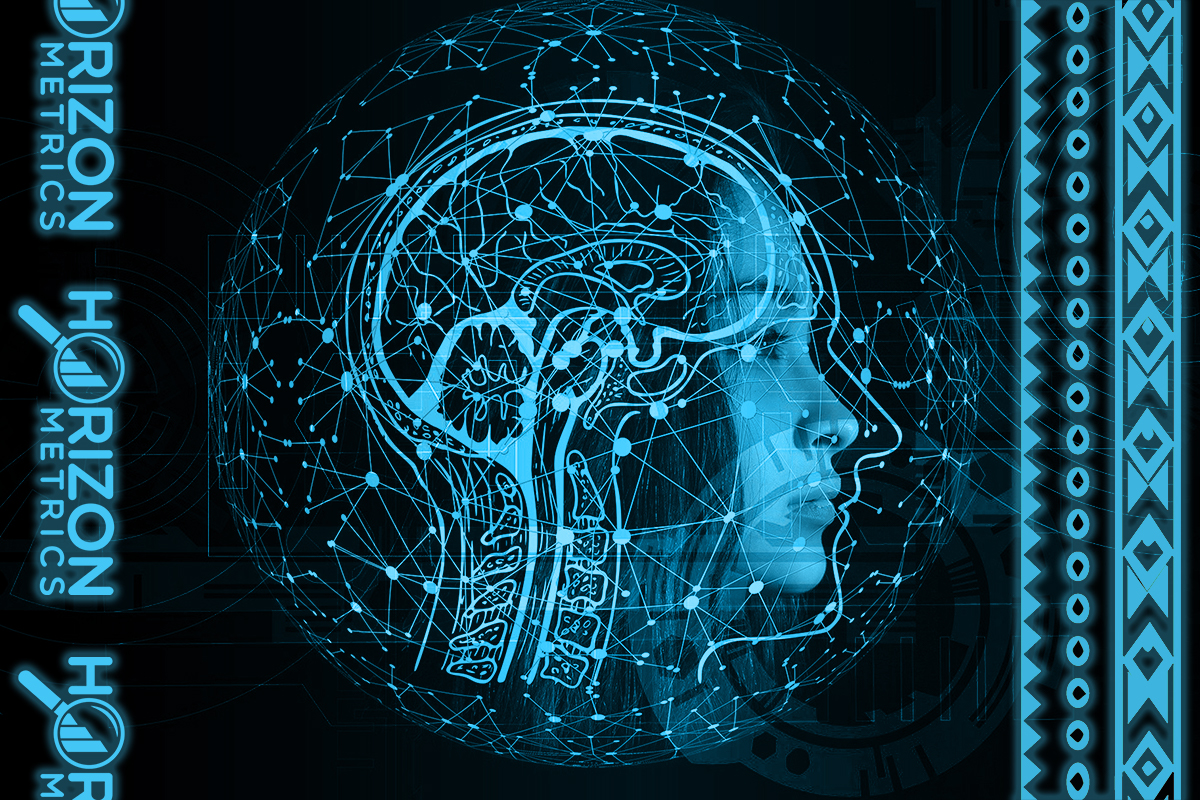
The internet has come a long way since its inception. From simple websites to complex applications, the evolution of the web has been remarkable. However, we are now entering a new phase of the web, known as Web 3.0, which promises to revolutionize the internet once again. In this article, we will explore what Web 3.0 is and how it will impact businesses.
Web 3.0 is often referred to as the "Semantic Web" or the "Intelligent Web." It represents a shift towards a more intelligent, decentralized, and connected internet. This new web will enable machines to better understand the content of web pages, and will provide more personalized and relevant content to users.
At the heart of Web 3.0 is blockchain technology. Blockchain is a distributed ledger technology that allows for secure and transparent transactions without the need for a central authority. This technology has the potential to revolutionize the way we store, manage, and share data online.
One of the most significant impacts of Web 3.0 on businesses will be the ability to create new business models. With blockchain, businesses can create new revenue streams by monetizing data that was previously difficult to sell. For example, a social media platform can use blockchain to provide a decentralized marketplace for user data, allowing users to monetize their data directly. This can create a more transparent and fair system for both businesses and users.
Another impact of Web 3.0 on businesses is the potential for increased security and privacy. With the decentralized nature of blockchain, there is no central authority that can be hacked or compromised. This means that businesses can store and manage sensitive data securely without the risk of it being compromised.
Web 3.0 will also enable more efficient and transparent supply chains. With blockchain, businesses can create a decentralized supply chain network that can track and verify every step of the supply chain, from raw materials to the finished product. This will improve efficiency and reduce the risk of fraud or errors.
Finally, Web 3.0 will provide businesses with more opportunities for collaboration and innovation. With the decentralized nature of the web, businesses can collaborate more easily and share resources more efficiently. This will enable the creation of new products and services that were previously impossible.
In conclusion, Web 3.0 is set to revolutionize the internet once again. With the decentralized and intelligent nature of the new web, businesses will be able to create new business models, improve security and privacy, streamline supply chains, and collaborate more efficiently. While the full potential of Web 3.0 is yet to be realized, it is clear that this new web will have a significant impact on businesses in the coming years. As such, businesses should start preparing for this new era of the internet by exploring how they can leverage blockchain and other Web 3.0 technologies to gain a competitive advantage.
